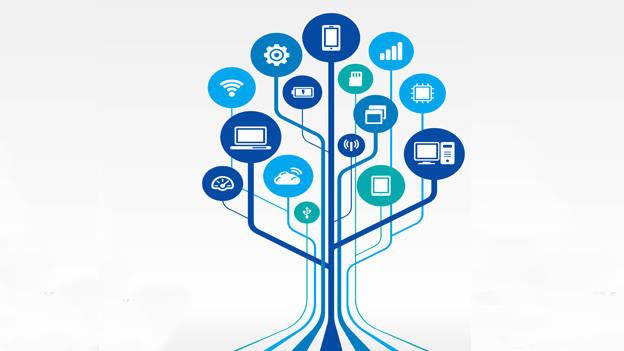Technology and the assessments landscape

World has shifted from offices to homes - in-person work has been replaced by remote working. The trend is no different when it comes to skilling and hiring. Although I feel this transition was inevitable, the pandemic has accelerated the speed of adoption.
The hiring and skilling sector is undergoing a digital leap. The pandemic has made it imperative for us to explore viable options to ensure work continuity for all employees along with necessary HR interventions. Moreover, Rapid technology changes, internet penetration & growing demand for skill-based workforce has led learners to adopt a flexible learning route which allows them to reskill at their own convenience.
From being a ‘good to have’ option for corporates, it’s become mission critical to have a technology play within the HR ecosystem. Most corporations have understood this reality and started digitizing some aspects of the value chain. Like any advent of technology, it must be channelised in the right way to ensure maximum benefit while avoiding the downside of it. We have to use technology to digitize various critical aspects of the employee lifecycle thereby enhancing productivity levels and ensuring first-time right hires.
The current assessments landscape
Over the last 12-15 months, assessment companies have continuously augmented their capabilities to provide an online examination experience that is as close as possible to an offline examination with the same level of integrity. The journey of remote proctoring is a continuously evolving one, as systems and platforms keep getting better and better. This is helping to increase the end-user confidence in online exams, and I do see increasing adoption as we realise that blended and digital modes of assessments are here to stay – both for their convenience and their effectiveness. As more and more drives are conducted online, this is going to ensure higher confidence and trust on online and digital modes of assessments as well, that can well continue even in a post-Covid world.
For employee appraisals, there is an increasing shift towards adopting a hybrid approach. Remote appraisals have mandated usage of technology which is one of the best ways to eliminate biases due to the nature of the tools and platforms used. As most companies moved to digital tools of measuring employee effectiveness and productivity, these data-points come handy during remote assessments as well. Some examples of these include data-driven appraisals done remotely with technology tools enabling a 360-degree feedback loop as well. The output of this exercise can establish data-backed robust employee profiles with respect to their personalized skill sets and areas of improvement and assist cross-functional movements and succession planning.
Restructuring with technology
When we talk about technology trends like AI, this is something that can be applied to all interventions at different levels. While still at a nascent stage, it has the potential to use data to customize and personalize learning paths at a module level. It can identify the medium of learning that is most effective for an individual and can ensure learning modules are nudged in such a way that ensures maximum retention for the student. As it evolves, even internal assessments can be made truly adaptive basis candidate competency with clear directions on improvement areas – to ensure that candidates graduate with holistic skills developed that are aligned and relevant to the industry. It will have a big role to play in assessments wherein Trust Scores for every candidate can be computed basis candidate body language and other factors while giving an examination. This will help ensure integrity of exams that will also add a lot of comfort to the corporates that are hiring employees through such modes.
One of the key human challenges in the flexibility to adapt and evolve. In a post-Covid world, while certain aspects of the learning cycle will continue to be digitized, the acceptance levels by the industry will take its own due course as well. Graduations happening online is a paradigm shift in the formal education sector. People have always been sceptical about delivery of learning and assessments online, but as the learning and assessment ecosystem is experiencing modern tools and methodologies, I believe that the comfort level towards adopting technology-backed digital solutions is higher than ever. We are seeing record hirings across industries in 2021, most of whom had paused hiring efforts in 2020.
This is a good time for organizations to go back to the drawing board and restructure their appraisal processes by incorporating a reliable assessment mechanism with the help of modern tools and methodologies. There are a range of tools available today to monitor and measure employee progress and performance on a periodic basis. These inputs should be utilized and incorporated in the overall assessment framework of the organisation to have a holistic employee profile and report in place. This can have other incidental benefits on career progression, cross-functional movements etc. Data-backed platforms ensure that more objective and data-driven decisions are made that can even help improve employee retention over a longer period. I believe that this shift towards digital tools for employee appraisals will lead to more efficient and effective ways of performance reviews across industries. As long as the end result of productivity enhancements is realised, it will be a win-win situation for HR as well as the last-mile employee.
We need to find the sweet spot for our organisations where technology can synergise with human interventions to make the entire process more efficient and effective. At the end of the day, we are dealing with human beings and there is a risk of making the process completely mechanical. We need to be cautious that we are maintaining the personal touch in whatever form possible, to ensure that the process remains humanized.













